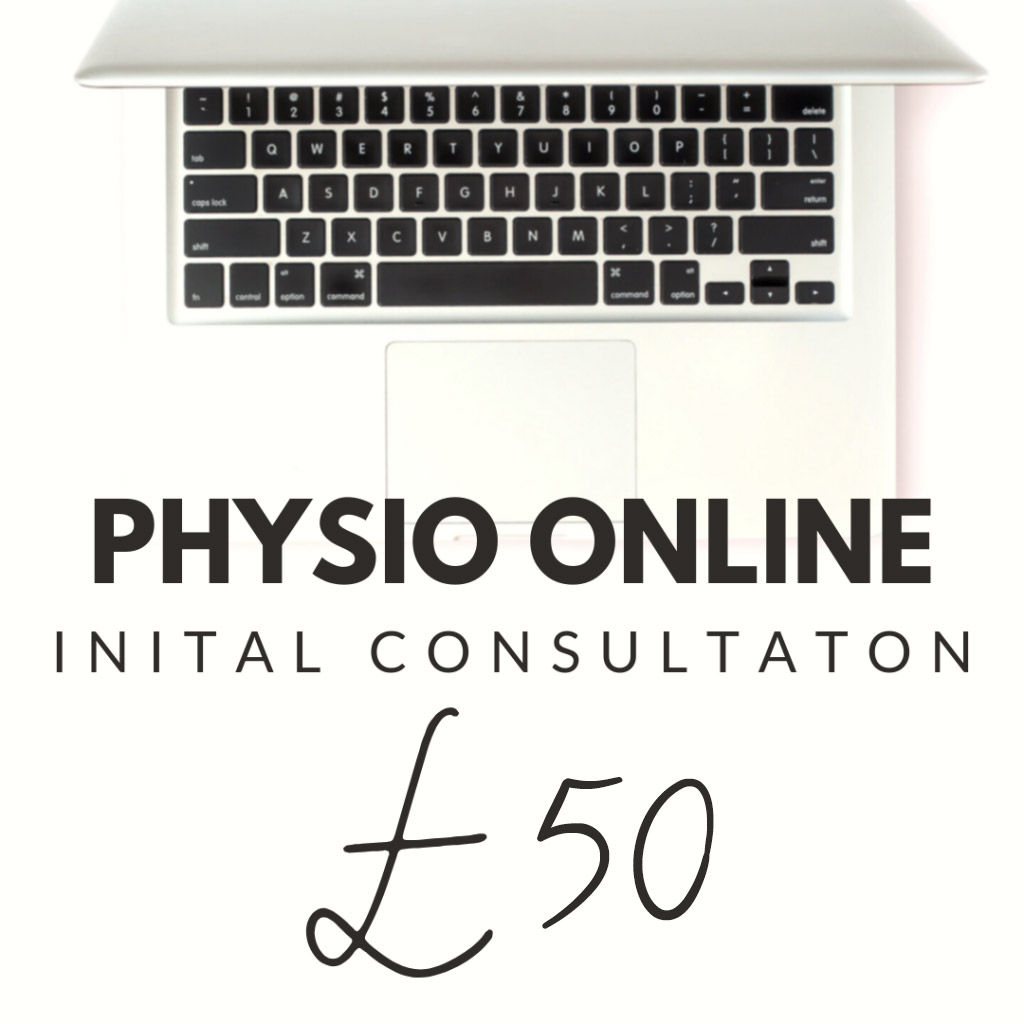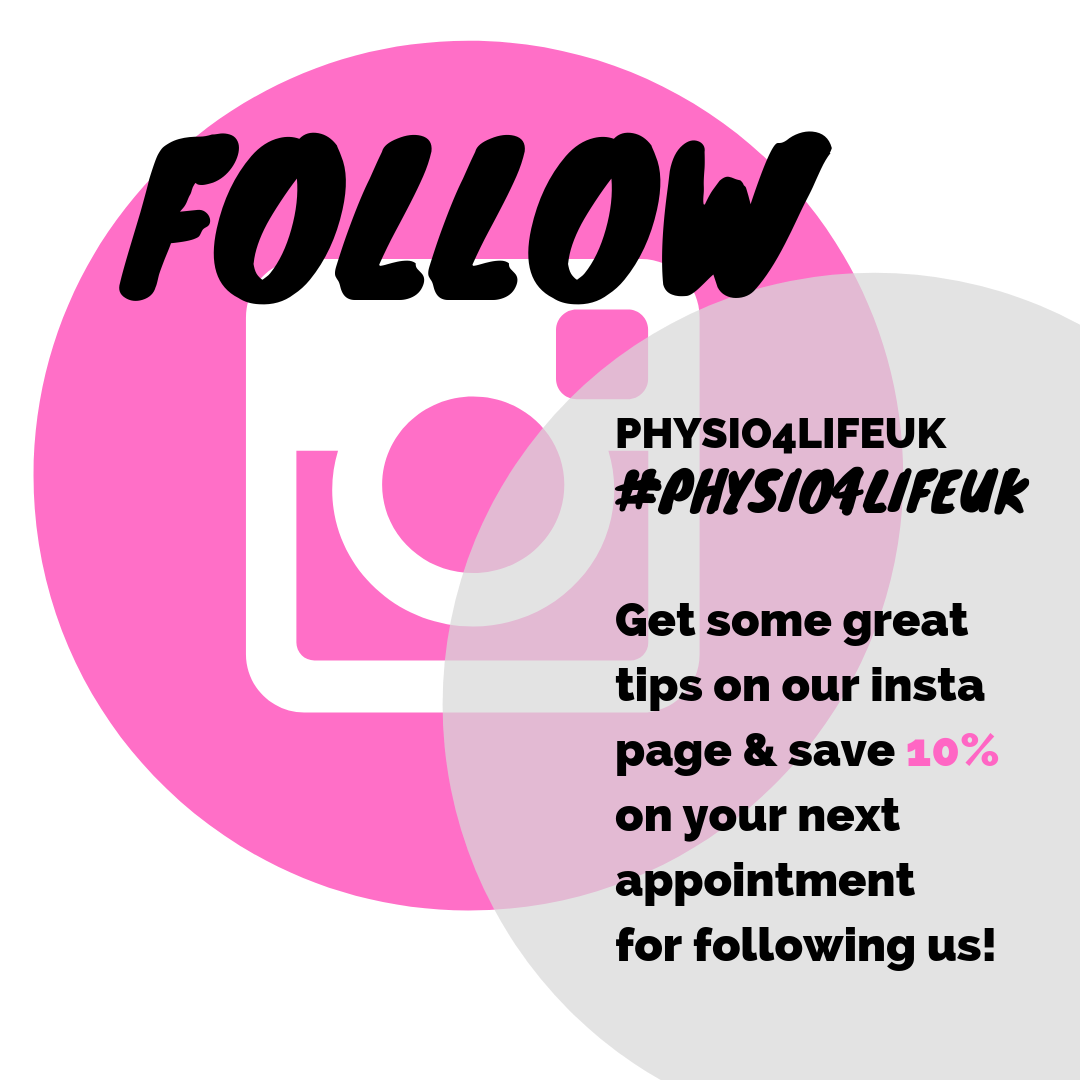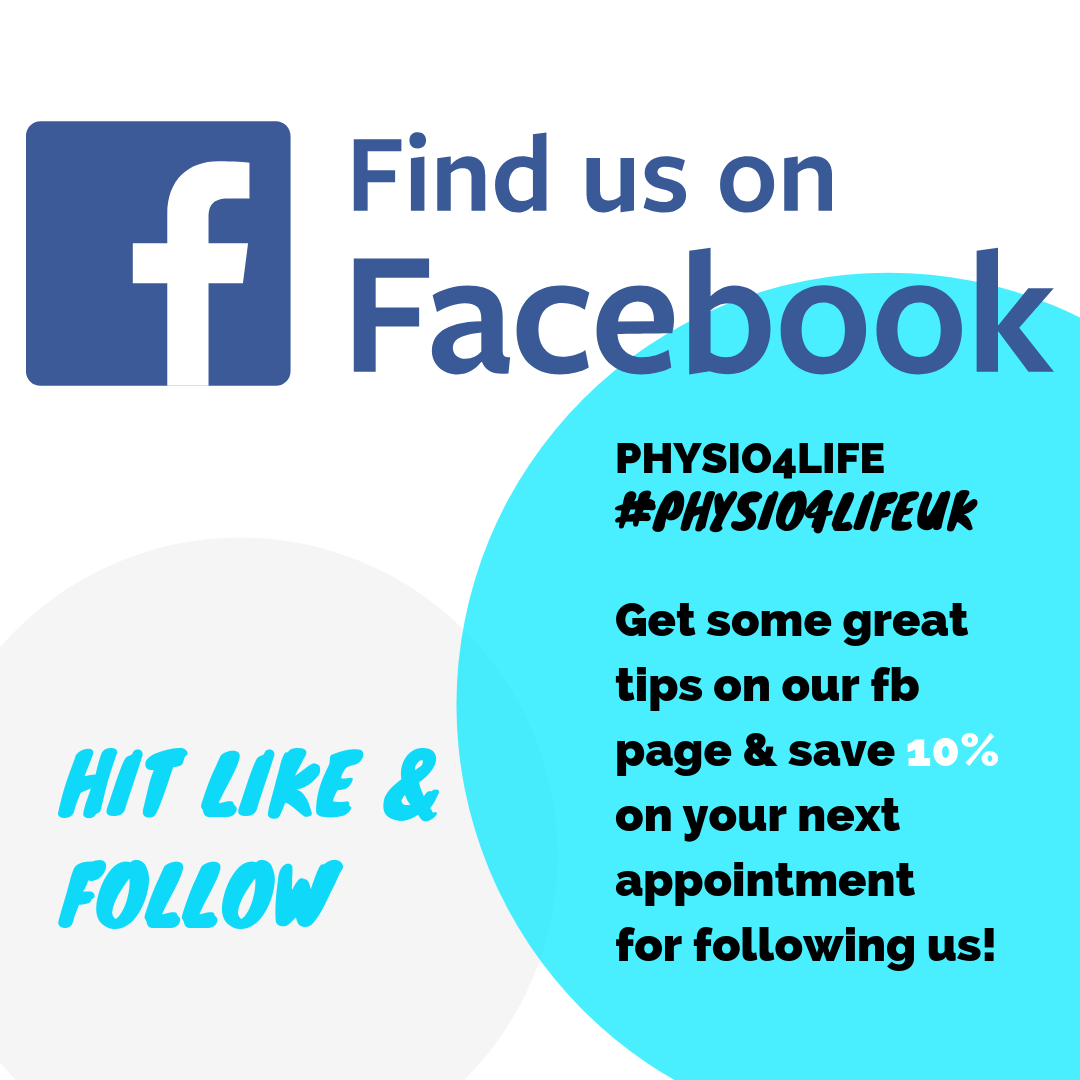
The importance of Proprioception

If you have ever visited the Physio you will have heard the term proprioception batted around all too frequently! No matter what injury you have sustained the messages that get sent to your spinal chord from the site of injury to your brain can some times get a little distorted. The term proprioception simply put means knowing where your body is in space. Many confuse this term with balance. I’d like to reiterate that balance is your ability to maintain your equilibrium when static or when moving. The two are inextricably linked as with out good proprioception you can’t achieve good balance. For example have you ever noticed that after an ankle injury, despite the fact that the pain has gone your balance remains a little ambiguous at best. It isn’t necessarily ” panic stations” should you sit at a desk all day or your idea of activity being the 4 minute jaunt to the pub, but what if that isn’t you? A fine example is that of our runners. Whether you are a Putney based ” MAMIL” or teenage sprinting gazelle, your need for knowing where your body is with regard to your surroundings is of equal importance. When running signals are realised from the ligaments around a joint where they are then acknowledged by the receptor cells in the surrounding tissues. Messages are then sent up the chain to the brain telling us where our body is relative to our environment. This process allows us to run with out feeling the need to look at the ground or trip over our own feet, (well unless you are my good self and face plant during a triathlon- a golden moment for all spectators!!) If the necessity of Proprioception hasn’t hit you like a steam train then maybe some casual statistics will aid the thought process. You are 56% more likely to re-injure your self with in 6 months of an initial injury if you do not follow a rehabilitation programme – encompassing proprioception work! Completing proprioception rehab post injury has been shown to speed up recovery by improving the speed and efficiency of the signals and therefore potentially improving over all sporting performance. The great thing is its simplicity! Depending on your injury these exercises can be as easy as standing on one leg whilst you’re brushing your teeth, throwing a tennis ball against a wall, assuming the press up position against the wall in the staff loos or even standing with your eyes shut (when you’re trying to avoid your boss -joke Mark, joke!) The take home message is simple, injuries cause a loss of proprioception due to the disruption of signals through out the chain from the injured site to the brain. This will cause a reduction in sporting performance if a rehabilitation programme is not adhered to. Be proactive get it sorted and get back to competing at your best.



